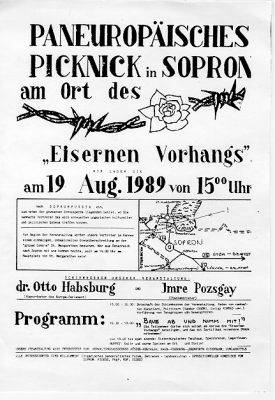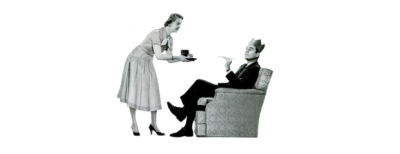In this edition: journalists more and more under threat, gender discrimination by insurance companies and the anniversary of the pan-European picnic.
picnic.
It’s a tough time for journalists – especially for the ones working investigative or reporting out of crisis areas. The last weeks brought the brutal pictures of how ISIS murdered the American journalists Foley and Sotloff, but it’s not only there that journalism is under pressure. Journalism and free speech is under pressure in the whole Middle East – Egypt jailed Al-Jazeera journalists, Turkey tightens internet censorship, Kuwait charges a popular blogger for blasphemy, Saudi-Arabia sentenced a cyber-activist to 10 years jail and Bahrain does the same with an award-winning photographer. And this is only a short list of the last weeks. And it’s not only the Middle-East where freedom of speech and journalists are under pressure – and it’s not only the usual suspects that are guilty as we could witness in Ferguson where the police at some point targeted journalists and tried to make reporting over the protests after the death of Michael Brown difficult. It seems that this summer chasing journalists and suppressing free speech was the thing to do, the hottest trend. Let’s hope that with the air cooling down tempers cool down as well and this trends disappears as the summer already did (at least here :-) ).
August 19th it was 25 years ago that the so-called Pan-European picnic took place. The idea was born a few days earlier during a visit of Otto von Habsburg to the University of Debrecen. During the meeting two members of the Hungarian Democratic Forum (MDF) voiced the idea of arranging a picnic at the Austro-Hungarian border to demonstrate the ridiculousness of such borders. They had been inspired by the situation of the many Romanian refugees in Debrecen at that time, who had escaped from the dictatorship in their country. The news about this idea spread fast during various groups – and especially among East-Germans that stayed in Hungary during that time (Hungary was a popular holiday destination for East-Germans, especially as it was also an opportunity to meet with family that lived in West-Germany). The picnic became a big happening at the Austrian-Hungarian border. As the Hungarian border control had orders not to intervene more than 600 East-Germans seized the opportunity to flee to Austria. Later, on September 11th 1989, Hungary opened its borders to all citizens from the former East European countries. Within a few months more than 70,000 East Germans fled to the West. The picnic and the latter opening of the border became key events in a chain of events leading to the fall of the Berlin Wall later in 1989.
 Reaal, a Dutch insurance company got blamed for gender discrimination. The case was about a woman that was injured in an accident as a child. She suffered from it permanent brain damage and is due to that unable to work. When calculating her compensation the insurance company assumed that she would have children and therefore not work between the age of 27 and 36. Furthermore it assumed that she would work 50% at the max after that period. Therefore the compensation was significantly lower.
Reaal, a Dutch insurance company got blamed for gender discrimination. The case was about a woman that was injured in an accident as a child. She suffered from it permanent brain damage and is due to that unable to work. When calculating her compensation the insurance company assumed that she would have children and therefore not work between the age of 27 and 36. Furthermore it assumed that she would work 50% at the max after that period. Therefore the compensation was significantly lower.
Now the Dutch Human Rights board came with a ruling in this case. After research the board found that the insurer would not have come to the same conclusion if this case would have been about a man in a similar situation. Therefore this is discrimination and distinction based on gender – and this is against current Dutch law. The injury compensation for women must not be calculated differently than that for men. The ruling is not binding but opens the way for further court hearing in that matter – and for future cases. So it’s a small step – but it will for sure have repercussions and lead to more equality.